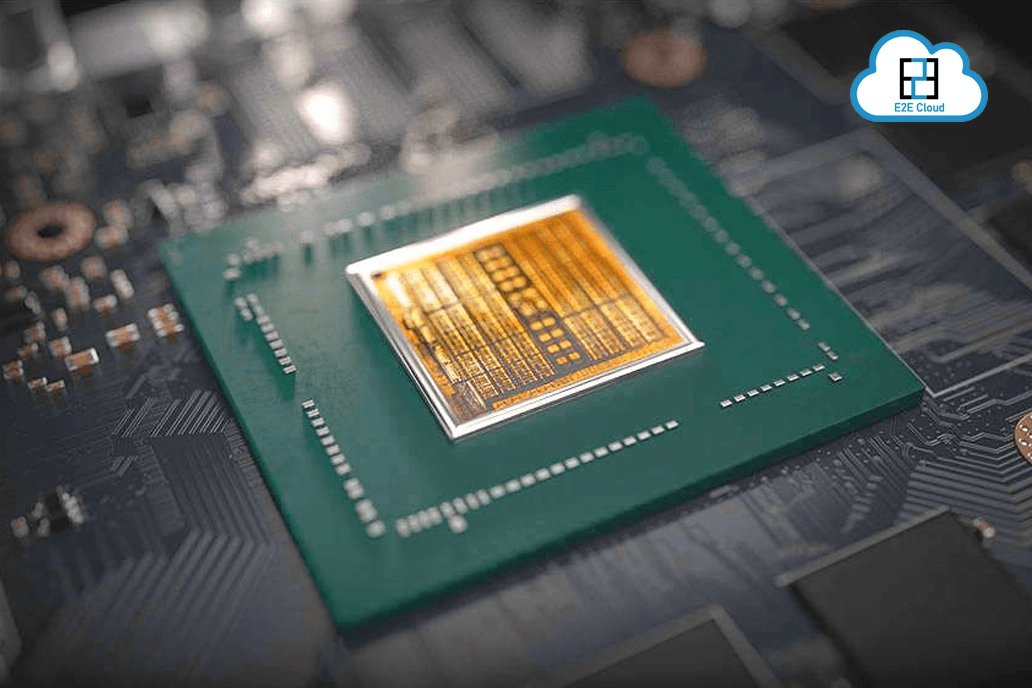The need for Artificial Intelligence (AI) in the field of engineering is growing rapidly. With advancements in AI technology, engineers are now able to develop and deploy intelligent systems that can automate processes, improve decision-making, and enhance overall efficiency.
There is a growing demand for trained experts in the area of AI/ML to keep pace with the field's innovations. To meet this demand, new and exciting courses are being introduced to encourage students to be a part of the AI-led future. With top institutions at the helm, universities continue to play an indispensable role in advancing research and bringing about answers to today’s problems. However, this is not without obstacles.
However, for engineering colleges to fully leverage the potential of AI, faculty members must have a strong understanding of AI concepts and applications. It is crucial that they are equipped with the knowledge and skills required to teach AI effectively, integrate AI into their curriculum, and conduct cutting-edge research in AI.
This is why a Faculty Development Program for Artificial Intelligence is the need of the hour. The program will provide faculty members with the necessary training and guidance to understand AI concepts, develop course materials, and integrate AI tools and techniques into their research.
Problems Faced by Colleges
Owing to the field’s quick expansion, many universities are investing in AI research and education, which has led to an increase in demand for trained and experienced faculty. However, the availability of faculty is not at pace with this demand.
The primary reason for this is that AI is a relatively new field and new tools and techniques emerge very frequently. To be able to undertake good quality research and produce positive outcomes, the existing faculty needs to stay constantly updated.
Another difficulty that colleges face is that there is no standardized curriculum for teaching AI in universities, which means that faculty members have to develop their own course materials and syllabi. This can be a time-consuming process, and it can also lead to variations in the quality of education provided by different institutions.
AI labs in universities often face insufficient funding, which can impact their ability to purchase equipment, hire skilled staff, and conduct research. Many universities do not allocate enough resources to their AI labs, which can limit their potential for growth and innovation.
To tackle these problems, several steps can be taken. One of the most important being industry collaborations.
Academia and Industry
With development in research, AI adoption in industries also continues to grow. There is tremendous potential for Indian businesses to invest in and utilize the opportunities that AI offers, and to be a part of the AI-led future. Today, 35% of companies reported using AI in their business, and an additional 42% reported that they are exploring AI.
In the Union Budget announcement, Union Minister for Finance and Corporate Affairs, Smt. Nirmala Sitharaman announced the government’s vision to Make AI in India and Make AI Work for India, which had three broad objectives, one of them being the setting up of three Centers of Excellence in premium institutes of India. These Centers of Excellence will be established with the aim of developing cutting-edge technologies to come up with scalable solutions in the areas of agriculture, health, and sustainable cities. This will be done through industry collaborations.
Such partnerships are beneficial for several reasons. Collaborating with industry partners can provide access to experts in AI who can provide guidance and support in developing AI solutions. They can provide access to cutting-edge AI technology. Such partnerships can also provide opportunities to work on real-world problems and challenges, which will help faculty members and students to develop practical skills and experiences that can be applied to industry settings. A skilled workforce will, thus, be developed through education and training, which is essential for driving AI adoption.
Several universities have successfully made such collaborations in the field of AI. Indian Institute of Science (IISc) partnered with Wipro GE Healthcare to work on interfaces to develop diagnostic and medical image reconstruction techniques. Similarly, IIT Bombay has joined hands with IBM to accelerate their AI research. Kyndryl and IIT Tirupati have been working together to work on an ML model that will allow near real-time identification of potential defects during 3D printing.
Our Faculty Development Programme
To deal with the problems that colleges are facing, our Faculty Development Programme can prove to be extremely beneficial. Faculty members who have expertise in AI are in high demand. Thus, the Programme can help educators to enhance their professional development and advance their careers.
They provide educators with the knowledge and skills needed to effectively teach AI, including tools and resources which are especially tailored to meet the needs of students.
Ensure that your educators are equipped with the knowledge and skills necessary to prepare students for the future. We are offering a Faculty Development Programme with the following objectives:
- To provide faculty members with a comprehensive understanding of AI concepts, applications, tools, and resources.
- Interacting with AI/ML industry professionals enables educators and students to produce more constructive minor and major projects, which will aid them in their placements.
- Encourage innovation, and support professional development through interdisciplinary design thinking.
To learn more about the programme, please email imran.cto@e2enetworks.com.









